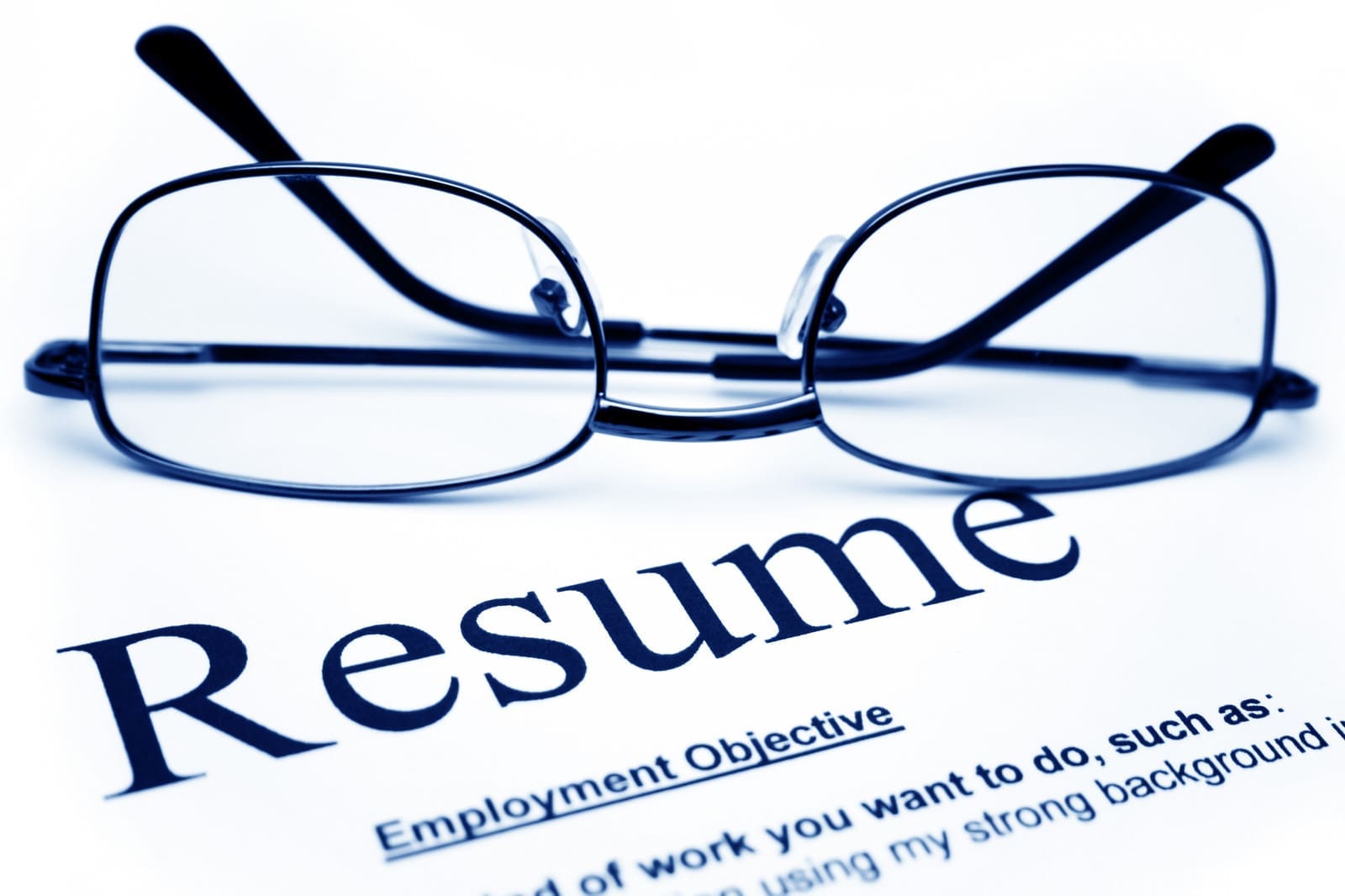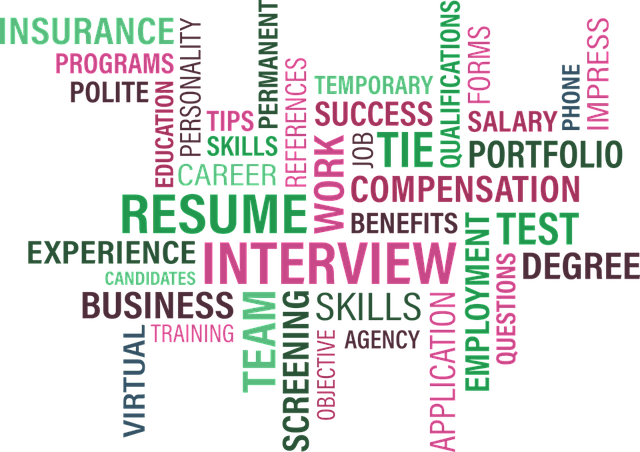A vital piece of a hopeful applicant’s application for a new job opportunity or entrance to a college or other prestigious program is a resume. A resume should contain a brief, detailed summary of your qualifications, skills, and/or achievements. A resume should answer the ‘whys’ a prospective employer or program should take a chance on you. While not all jobs or programs require resumes, it has the potential to make or break your request for hire.
A resume provides a basic, introspective look into your skills. It will inform your employer of your experience and talents before the interview process occurs. Glassdoor has presented a comprehensive list of four things employers look for in resumes. The article, taken from a survey completed in 2014, found that employers typically take 30 seconds or less to look at resumes. Once again, confirming a clear-cut, well-thought-out resume is vital to your job search’s success.
What should be in my business resume?
Your resume should be divided into sections based on the job or program you are applying for. It should detail your education as well as previous experience in the workforce. Your education should be listed, including the location, approximate dates attended, and the level or degree achieved. Using a resume template will help you get this step started. It should also include any community service, projects, or awards you received. This can speak to the type of character you have. Previous experience within the workforce should also be listed. This includes jobs, internships, or externships that pertain to the position you are interested in. The education and workforce experience should be listed in chronological order to provide a clear and concise display of information. Be sure to research what type of resume you will need for the specific job position you are interested in. Many styles and categories exist, including business, economic, education, etc.
Suppose you have only limited experience in your field. In that case, you may want to include jobs or positions that may not directly correlate to your field and may include responsibilities or skills that a potential employer would be impressed by. Remember, most employers understand and acknowledge that not everyone who applies for a job can have all the experience necessary for each specific position. In the absence of experience, your resume should exude confidence in your abilities and highlight important characteristics employers are looking for in their employees. Be sure to only list what is accurate and truthful, as embellishing details concerning your background or accomplishments will likely terminate you from considering a job opportunity.

Two types of skill sets
You should feature two different types of skill sets on your resume, both of which are vital to showcasing your personality and knowledge. These are known as soft skills and hard skills.
Soft skills comprise capabilities you acquire indirectly through life and work experiences, such as personality traits or personal habits within the workplace.
Hard skills involve the more technical, direct skills obtained through programs, training, or experience in your previous careers and/or education. These skills can be cataloged under your resume’s “Skills” section. Pro tip: look under the description of the employer’s job application. This is usually found under required or desired skills- for detailed capabilities or accomplishments that, if you have, can be included on your resume for that specific job position. This extra step will impress your prospective employer, indicating you did extra research and fact-finding for this position, demonstrating internal motivation and critical-thinking skills.
Some employers use programs designed to skim through resumes, highlighting resumes with specific keywords. These keywords are often taken directly from the employer’s listed job description and/or list of requirements. This will aid in creating a list of applicants with resumes that most strongly match the listed job description.
Examples of soft skills can include:
- Problem-solving skills.
- Teamwork/being a team player.
- Organization skills.
- Reliability.
- Creativity.
- Time-management skills.
Examples of hard skills can include:
- Proficiency in different languages you may speak; being bilingual or multilingual.
- Competence or training in programs/software.
- Example(s): mastery of Point of Sale (POS) programs as a cashier; any or all Microsoft programs or software necessary for the job description.
- Certificates or awards obtained.
- Training certificates or accomplishments obtained or recognized for.
- Example(s): SERV Safe certificate if applying for a food-related job position.
Both soft and hard skills are vital to your resume’s overall success and impressiveness. Employers are looking for someone who has the knowledge and comprehension of various skills and motivation. They are also looking for an internal drive to be successful within the workplace. After all, the main purpose of a resume is to impress and intrigue the prospective employer enough to want to schedule an interview with you. Your resume should provide enough information for the onlooker to understand who you are and how you could potentially benefit their company in the assigned position.


During your interview, the prospective employer will have a base understanding of your personality and expertise. They will be able to ask clarifying questions to obtain a clearer picture of how you could fit into a position at their company. You will have an opportunity to demonstrate several of the soft skills listed on your resume. For example, arriving for your scheduled interview early will corroborate your claim of reliability. Also when providing and/or asking follow-up questions regarding the company or position demonstrate integrity and effective communication. Hard skills can be established by providing a digital or physical copy of your portfolio, certificates, training competencies, and/or successful completion of skill tests (although not common, it can be required by the employer at the interview depending on the position offered).
Conclusion
Resumes are an effective way to organize and display the multitude of soft and hard skills, experiences, and education you possess. Mistakes in resume can cost you the job so make sure not to send in an application filled with errors. Your resume should provide a direct, impressive summary of you as a person and your talents, to dazzle any potential employer. Numerous websites and programs are available to create a resume unique to you, your skills, and any developing job opportunities that should arise in the future.
Featured Image by Mary Pahlke from Pixabay




